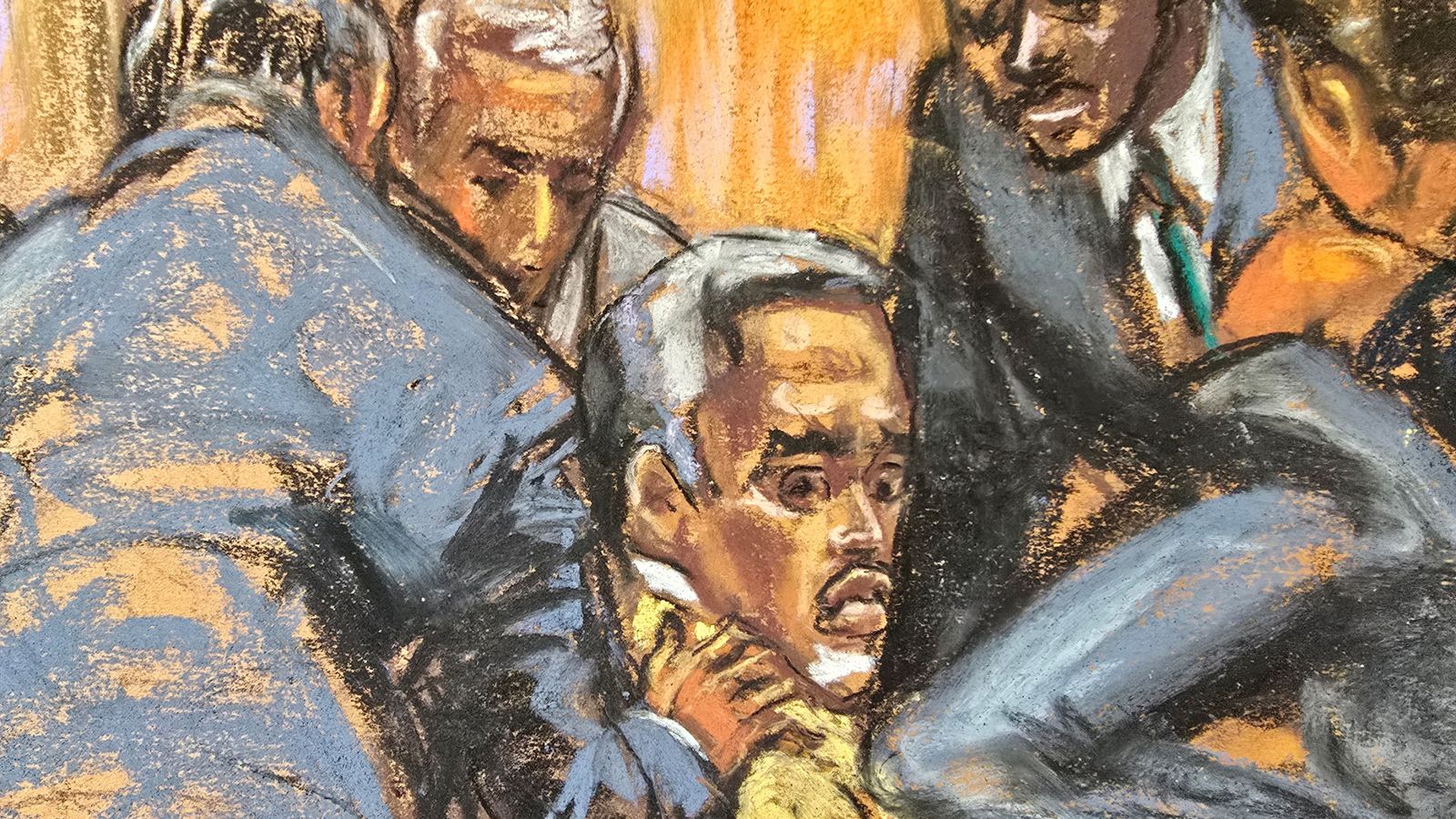What is Racketeering and its legal implications?
While often associated with sensational crime dramas and historical mob activity, the term “racketeering” holds a significant and evolving place in modern law. It’s not a single crime, but rather a pattern of ongoing illegal activities committed within the framework of an “enterprise.” Understanding this concept is crucial for grasping how law enforcement tackles complex criminal networks.
At its core, racketeering refers to engaging in a coordinated effort to repeatedly earn a profit through illegal means. This can involve a wide range of illicit methods, including fraud, extortion, bribery, threats, or violence. The key is the “pattern” – isolated criminal acts typically don’t qualify.
The most powerful legal tool against racketeering in the United States is the Racketeer Influenced and Corrupt Organizations (RICO) Act, enacted in 1970. Though initially designed to dismantle organized crime syndicates like the Mafia, RICO’s broad language has allowed its application to a much wider array of criminal endeavors, including:
White-collar crimes: Cases involving financial fraud, embezzlement, insider trading, and money laundering often fall under RICO if they are part of a continuous scheme.
Corrupt organizations: This can extend to seemingly legitimate businesses or even public offices if they are used to facilitate a pattern of illegal activity.
Street gangs: RICO has been instrumental in prosecuting gang leaders and members for coordinated criminal acts like drug trafficking, robbery, and violence.
Human trafficking: The systematic exploitation of individuals for forced labor or commercial sex acts can be prosecuted under racketeering laws.
What Makes a “Racketeering” Case?
For a successful racketeering prosecution under RICO, certain elements must be proven:
An “Enterprise”: This is not necessarily a formal business. It can be any group of individuals associated in fact, whether it’s a legal entity (like a company) or an illegal one (like a criminal gang). The crucial aspect is that it’s an ongoing, structured entity through which the illegal activities are conducted. You can find a detailed definition of “enterprise” and other RICO terms from the Legal Information Institute at Cornell Law School.
Pattern of Racketeering Activity: This is the cornerstone of a RICO charge. It requires evidence of at least two “predicate acts” (specific criminal offenses listed in the RICO statute) committed within a ten-year period. These predicate acts are diverse and include serious crimes such as:
Murder and kidnapping
Extortion and bribery
Drug trafficking
Mail fraud and wire fraud
Money laundering
Gambling offenses
A comprehensive list of these predicate offenses and further details on the “pattern of racketeering activity” can be found on the U.S. Department of Justice website. Crucially, these predicate acts must be related to each other and demonstrate a threat of continued criminal activity, indicating they are part of an ongoing scheme rather than isolated incidents.
Connection to the Enterprise: The defendant must have been associated with, or employed by, the enterprise, and directly or indirectly participated in its affairs through the pattern of racketeering activity. This allows prosecutors to target individuals who direct or facilitate criminal operations, even if they don’t personally commit every single crime.
Read More: Diddy trial: Jury remains deadlocked on top charge
The Power and Impact of Racketeering Laws
Racketeering charges carry significant weight for several reasons:
Severe Penalties: Conviction under RICO can lead to lengthy prison sentences, often up to 20 years, and potentially life imprisonment depending on the nature of the underlying crimes. More information on penalties can be found on Britannica’s explanation of the RICO Act.
Asset Forfeiture: One of the most potent aspects of RICO is the ability to seize assets and property derived from the illegal activities. This aims to strip criminal enterprises of their financial gains and infrastructure.
Dismantling Criminal Organizations: By targeting the “enterprise” itself, RICO allows prosecutors to bring down entire criminal networks rather than just individual perpetrators.
Civil Remedies: RICO also includes provisions for private individuals or businesses harmed by racketeering to file civil lawsuits and recover substantial damages. This aspect is further detailed on Investopedia’s “Racketeering” definition page.
In essence, racketeering laws provide a powerful framework for prosecuting complex, organized criminal behavior that transcends isolated acts. They enable authorities to pursue individuals who orchestrate and benefit from long-term schemes of illegality, regardless of their direct involvement in every single offense.




